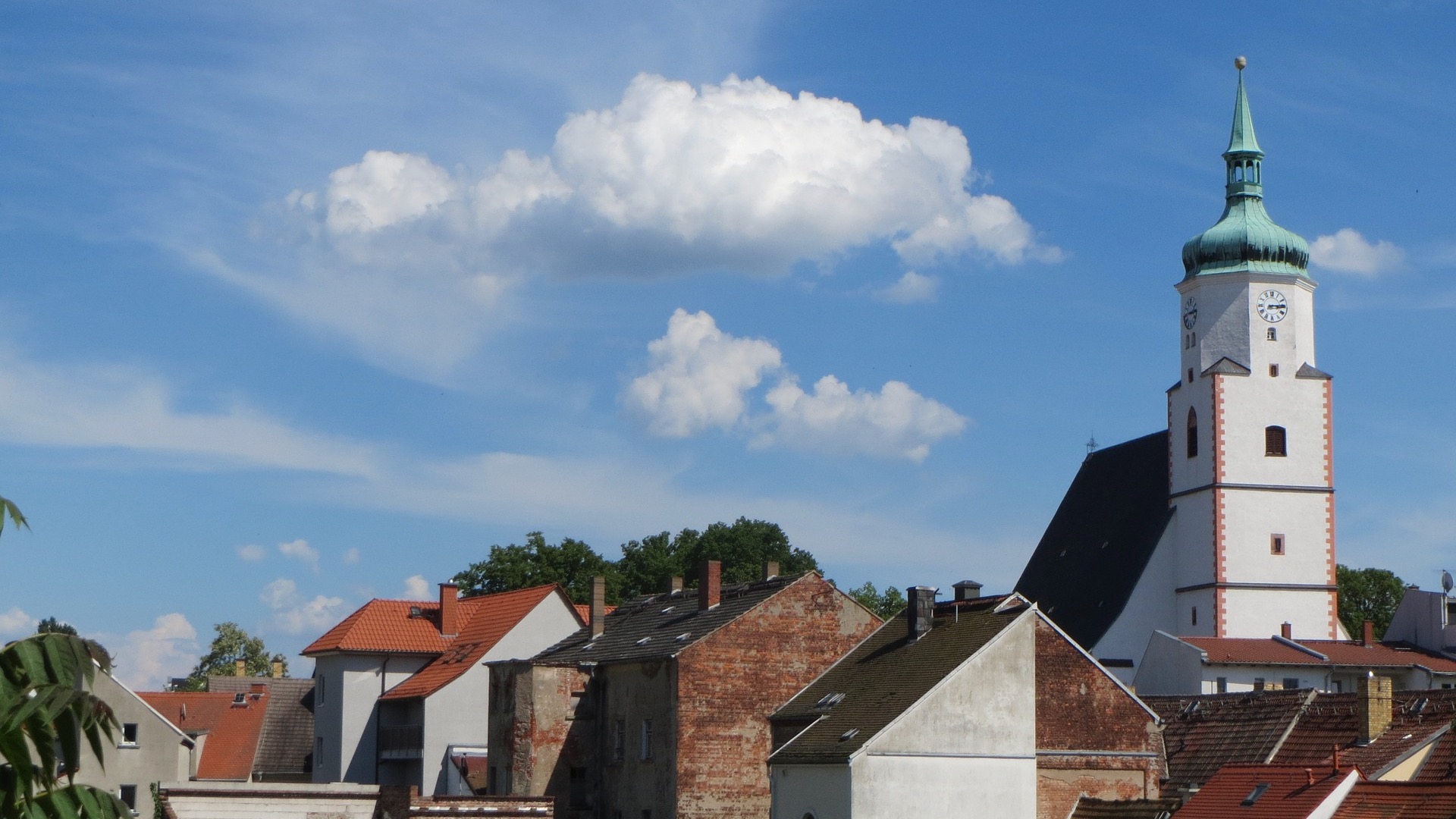Contact
ELSE-FRENKEL-BRUNSWIK-INSTITUTE for Democracy Research in Saxony
Universität Leipzig
Ritterstraße 26
04109 LEIPZIG
POSTFACH-NR.: 348003
- Research
- Projects
- Documentation
- Counseling

Project in Saxony
Wurzen - Civil Society Awakening on Controversial Terrain?

The town of Wurzen in Leipzig county has gained a bad reputation nationwide as a center of Saxony’s neo-Nazi scene. On the other hand, Wurzen is also a place of lively and diverse civic engagement. Using qualitative, social space–based social research, a research team at the Else Frenkel-Brunswik Institute is exploring which groups are actively trying to shape the future of the city and the local political culture, what difficulties they face, and what they can do to counter antidemocratic dynamics.
Since the 1990s, a violent neo-Nazi scene has given Wurzen a bad reputation as a center of the extreme right in Saxony. Viewed from the outside, the general impression is that an extreme right for almost 30 years has continuously been fighting for political hegemony with serious ambitions in the northern Saxon city. Over this long period of time, their structures and networks have grown, allowing them to become firmly anchored politically, economically, and culturally in the social space of Wurzen. They have shaped this space through local business networks and subcultural offerings for young people. They are also represented in the city council through party alliances. They have repeatedly made headlines not only with attacks against dissidents and refugees but also through broader mobilization on topics such as migration or anti-COVID measures.
DIVERSE CIVIL SOCIETY GROUPS ARE ACTIVE IN WURZEN
From an inside view, there are a number of groups and initiatives in Wurzen that are actively involved in supporting coexistence in the city. They range from democracy initiatives and alternative political associations to urban development initiatives and professional networks to associations involved in local history and culture. Focusing on these civil society actors through group discussions and interviews, EFBI aims not only to understand their perspectives on the city and their engagement but also to reveal possible difficulties and contradictions that shape their everyday experiences. What does civic engagement mean on a terrain that seems to be partially “mined” by right-wing extremist mobilization? How does this experience shape the activists? How do they deal with it?
Since reunification, civil society has been seen as a beacon of hope for democracy in the federal republic. It is supposed to drive social innovation and strengthen democracy, especially against the threat of right-wing authoritarian movements. This political vision will be examined using the example of Wurzen in order to gain insights that will enrich the political as well as scientific debate beyond the specific case.
In addition, the research project endeavors to provide a place for reflection for those active on the ground, which can raise awareness of the dynamics in the city and the experiences relating to their own practice. The aim therefore is also to contribute to strengthening democratic culture in Wurzen.

